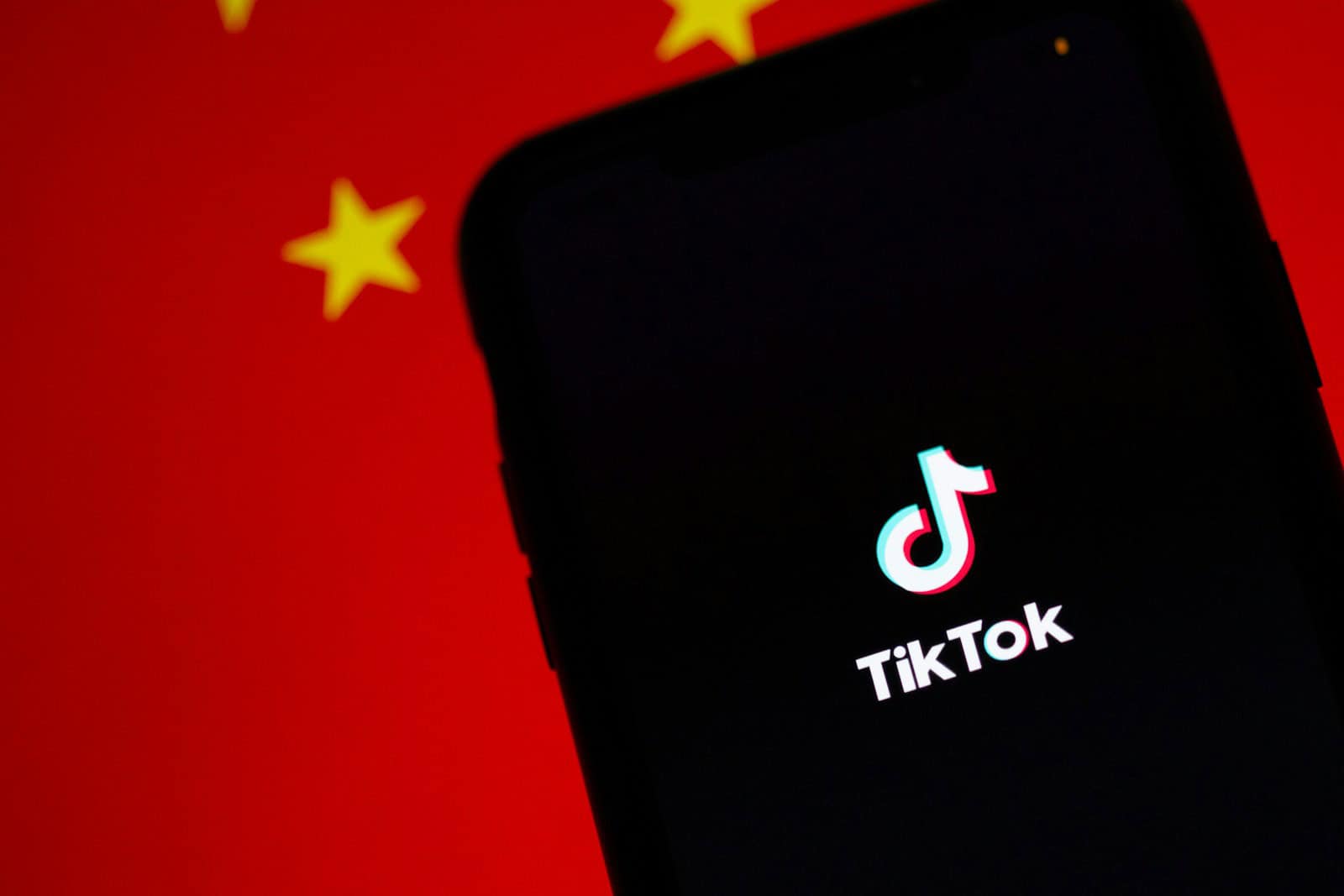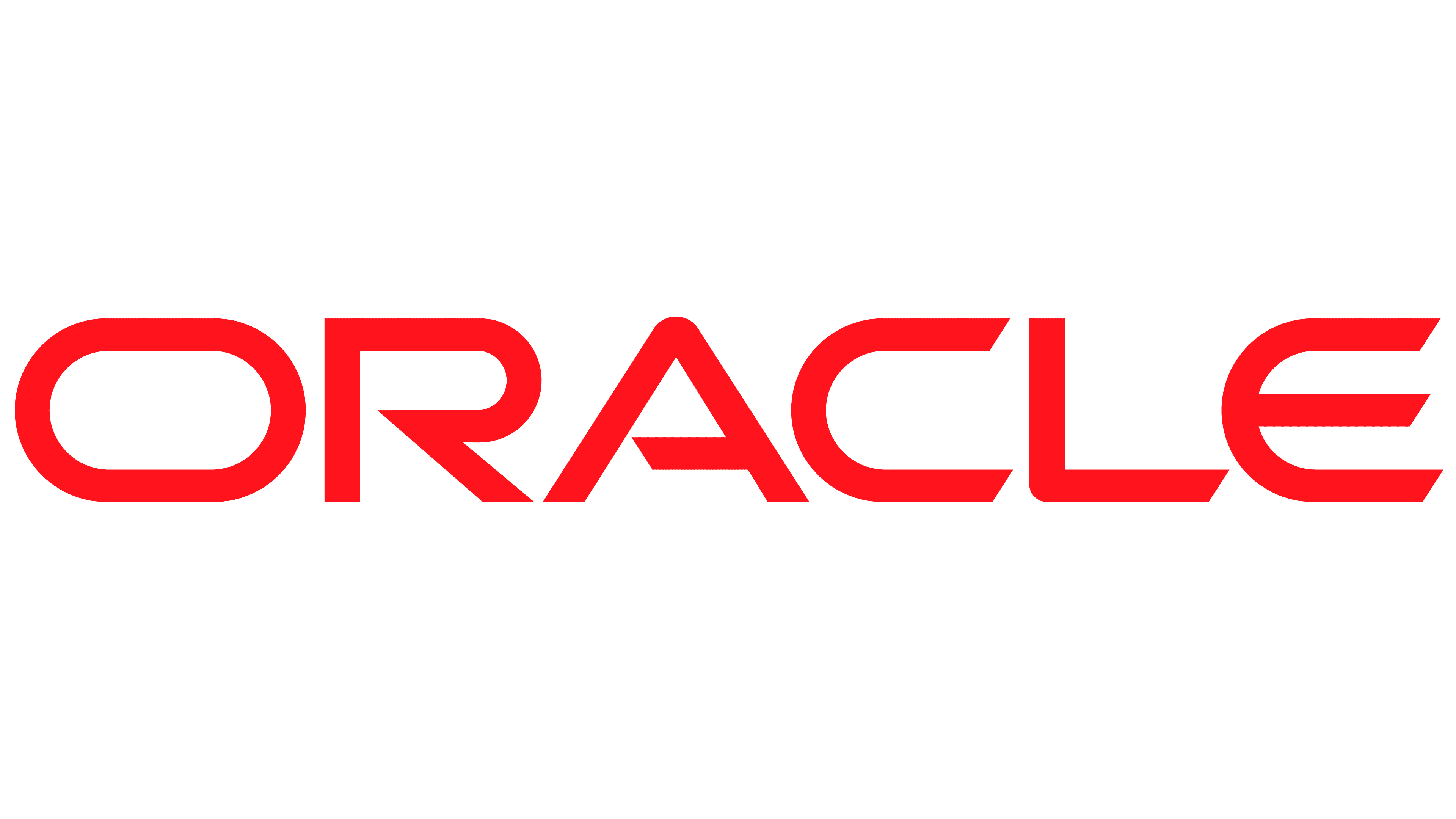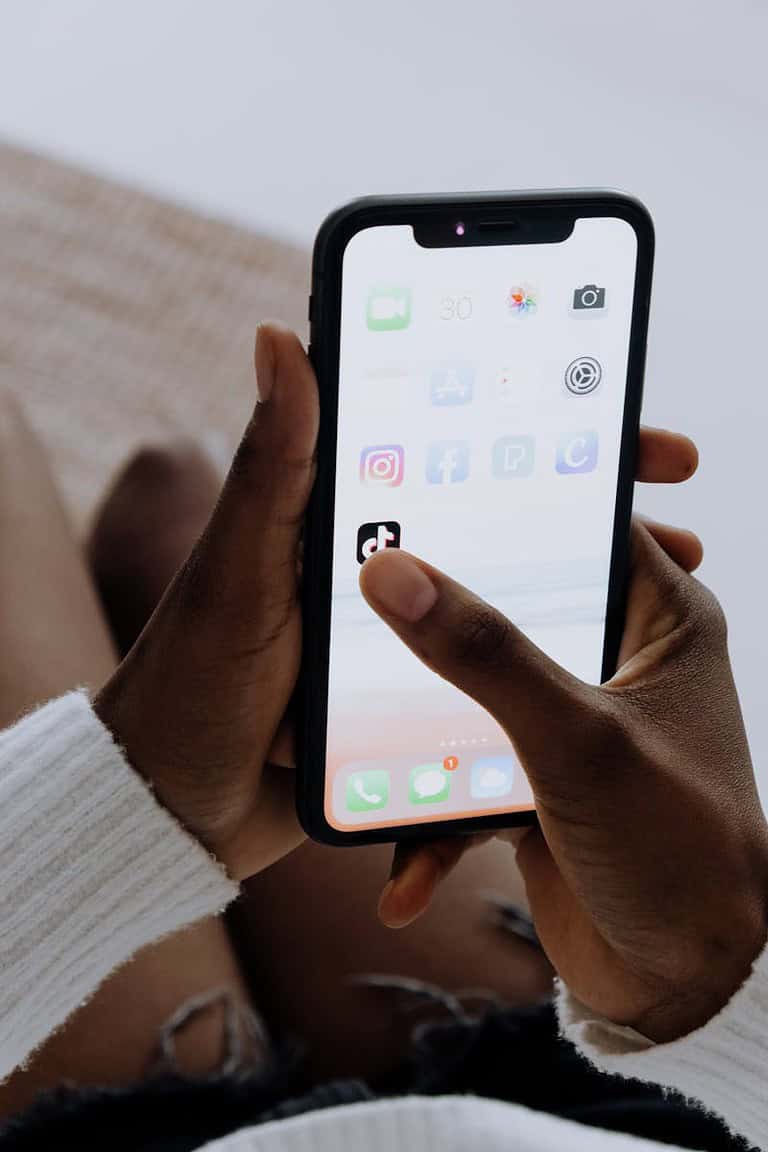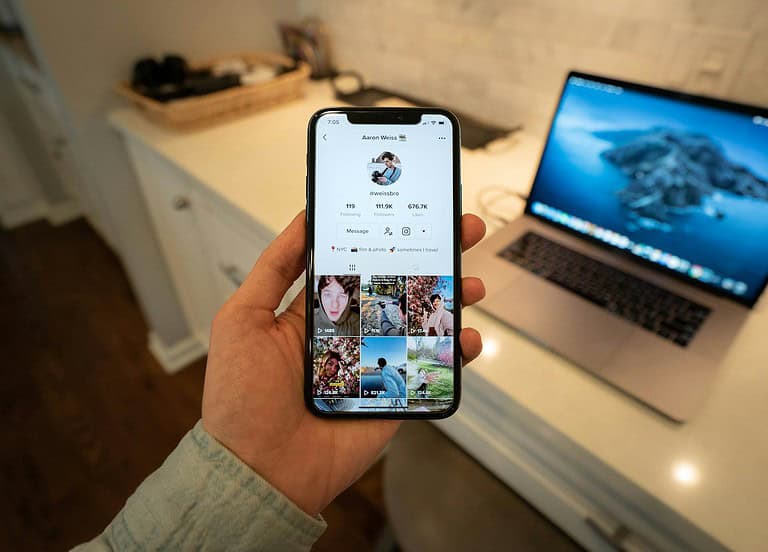
TikTok’s future in the U.S. is under scrutiny as it partners with Oracle amidst negotiations that could transform its ownership structure due to national security concerns. Similar issues of data privacy and security affect other social media platforms, highlighting the need for user awareness and strong data protection laws. The ongoing situation with TikTok may set a precedent for how the U.S. and other countries address these issues, balancing national security with the availability of popular platforms.
Understanding the Potential TikTok-Oracle Partnership

The Current Situation
The United States government is in talks with Oracle and a group of investors about a possible takeover of TikTok’s US operations. This comes after previous attempts to address national security concerns related to the app’s Chinese ownership. ByteDance, TikTok’s parent company, is at the center of this debate. The core concern revolves around user data and the potential for it to be accessed by the Chinese government. This has led to discussions about how to protect American users while allowing TikTok to continue operating in the US.
Why Oracle?
Oracle is a major American technology company specializing in database management and cloud computing. Their involvement suggests a focus on securing TikTok’s data and ensuring it’s handled according to US regulations. Oracle’s expertise in data security makes them a logical choice to oversee TikTok’s US operations. This includes managing the app’s algorithms and ensuring user data is protected.
The Controversy
The proposed deal is not without controversy. Some critics worry about the implications for free speech and the potential for government influence over the platform. Others question whether a takeover truly addresses the underlying security concerns. There are also concerns about how the deal could impact the relationship between the US and China.
What a Deal Might Look Like
The deal being discussed would likely involve a significant reduction in ByteDance’s ownership of TikTok’s US operations. Oracle would likely take on a major role in managing the app’s technology and data. This could involve creating a separate US-based entity to handle TikTok’s American users. The goal is to ensure that US user data stays within the US and is subject to US laws.
Pros and Cons of a Takeover
Pros
- Enhanced Data Security: Moving TikTok’s data to US-based servers and having an American company oversee its operations could improve data security for US users.
- Addressing National Security Concerns: A takeover could alleviate concerns about the Chinese government accessing user data.
- Continued Access for Users: Users would be able to continue using TikTok without interruption.
Cons
- Free Speech Concerns: Some worry about potential government influence over the platform.
- Uncertainty about Effectiveness: It’s unclear if a takeover fully solves the underlying security issues.
- Geopolitical Implications: The deal could further strain US-China relations.
Alternatives to a Takeover
If a deal with Oracle doesn’t happen, other options could include:
- Stricter Regulations: The US government could impose stricter regulations on TikTok’s data handling practices.
- Complete Ban: A complete ban of TikTok in the US is also a possibility, though this is seen as a drastic measure.
Comparison of Potential Outcomes
| Outcome | Pros | Cons |
|---|---|---|
| Oracle Takeover | Improved data security, addresses national security concerns | Potential free speech issues, uncertain effectiveness |
| Stricter Regulations | Less disruptive to users, avoids geopolitical complications | May not fully address security concerns |
| Complete Ban | Potentially eliminates security risks | Disrupts millions of users, negative impact on creators |
What This Means for Users
For now, TikTok users in the US can continue using the app as usual. However, it’s important to be aware of the ongoing situation and how it could affect the platform in the future. If a deal goes through, there may be changes to the app’s terms of service and data privacy policies.
The Bigger Picture: Data Security and International Relations
The TikTok situation highlights the growing importance of data security in the digital age. It also shows how technology can become intertwined with international relations. As more and more data is collected and stored online, governments are increasingly concerned about protecting their citizens’ information. This is likely to lead to more regulations and scrutiny of technology companies, especially those with international ties.
Short Summary:
- Oracle will serve as TikTok’s cloud service provider and hold a minority stake in TikTok Global.
- President Trump has expressed approval for a deal involving Oracle and Walmart to avert a TikTok ban.
- Despite the complexities of the deal, ByteDance is projected to maintain significant ownership in TikTok’s U.S. operations.
The controversial fate of TikTok, the widely popular social media platform, continues to revolve around its Chinese ownership and concerns voiced by U.S. officials regarding national security. Recently, talks have clarified Oracle’s role as TikTok’s technological ally, as reported by insiders involved in the negotiations.
It was communicated by spokespeople for Microsoft that their acquisition offer was turned down by ByteDance, TikTok’s parent company, confirming notable shifts in the acquisition landscape. “ByteDance let us know today they would not be selling TikTok’s U.S. operations to Microsoft,” Microsoft stated, asserting confidence that its proposal would have benefitted TikTok users while addressing critical security issues.
“We are a hundred percent confident in our ability to deliver a highly secure environment to TikTok and ensure data privacy to TikTok’s American users, and users throughout the world,” Oracle CEO Safra Catz remarked, emphasizing the enhancement of security in the proposed partnership.
Under the recent developments, President Trump endorsed a preliminary agreement whereby Oracle and Walmart would partner with TikTok, aiming to dissolve the uncertainties about the app’s operational future. According to Trump, “I have given the deal my blessing — if they get it done that’s great, if they don’t that’s okay too.”
Besides securing Oracle as a minority stakeholder at 12.5%, Walmart has shown interest in investing a further 7.5%, with its CEO Doug McMillon slated to join TikTok Global’s board, intensifying the American demographic in TikTok’s ownership structure. This new entity, TikTok Global, will see ByteDance retain a substantial 80% share while navigating U.S. compliance with ownership requirements.
Amidst the backdrop of regulatory delays from the U.S. Department of Commerce, which postponed a ban on TikTok transactions until the following Sunday, the company attempted to calm consumer fears of an impending shutdown. TikTok’s leadership highlighted plans for growth in the U.S. market, promising to create 25,000 jobs and to enhance its operational framework, likely rooted in Texas.
“In addition, we would work toward an initial public offering of the company in the United States within the next year to bring even more ownership to American citizens,” Walmart commented, showcasing aspirations to expand its e-commerce reach.
For Walmart, this partnership coincides with the retailer’s aspiration to broaden its e-commerce capabilities and reach Generation Z consumers more effectively. TikTok has amassed 100 million users in the U.S., many of whom fall within this elusive demographic, appealing to brands seeking innovative digital marketing avenues.
The deal’s financial implications echo beyond mere stakes; a shared commitment of $5 billion towards an educational fund was mentioned by Trump, aimed at fostering the educational development of American youth through online content, while potential tax contributions over $5 billion to the U.S. Treasury loomed as a financial boon to the government. “We’re going to be setting up a very large fund for the education of American youth, and that’ll be great,” Trump remarked.
Despite Oracle’s plans to incorporate robust data protection protocols as part of Project Texas, a framework for securing U.S. user data, not all policymakers remain convinced about the efficacy of this arrangement. Critics voiced concerns over Oracle’s proximity to the Trump administration and the specter of future legal ramifications stemming from ongoing national security debates.
“They’ve obviously made the business decision that that risk, relative to the reward, is an acceptable one for them,” concluded Glenn Gerstell, previously general counsel of the National Security Agency, addressing the balancing act Oracle navigates in these negotiations.
Conversely, tech giants like Apple and Google opted to remove TikTok from their app stores in adherence to the legal context framed by Trump’s executive orders, while maintaining a distance from potential liabilities stemming from user data safety issues.
With tensions persisting between the U.S. and China over technology regulations, TikTok’s status remained precarious, highlighting the ongoing friction within international relations. The dynamics of data sharing and TikTok’s underlying algorithm, capable of tailoring content recommendations, remained critical points in negotiations, as these proprietary technologies define the competitive landscape of social media.
The notion of TikTok’s impending sale provoked interest not just from corporate entities but from individual investors and influencers as well. YouTube sensation MrBeast, known for his massive following and innovative content, expressed interest in potentially acquiring TikTok, indicating a broader reach of interests surrounding the platform’s future.
“TikTok, I’m on a private jet right now about to put in my official offer for this platform,” MrBeast remarked in a recent post, further illustrating the buzz around potential ownership changes.
Besides individual proposals, consortiums have emerged with interest in negotiating deals for TikTok—from former Trump administration officials to various private investment entities. Notably, conventions of several business figures eager to bid on TikTok’s U.S. assets indicated a robust desire to redefine the app’s governance.
The situation remains fluid; the shutdown deadline and discussions surrounding TikTok’s ownership and operational integrity continue to evolve, creating an atmosphere of uncertainty for users, advertisers, and stakeholders alike. While Oracle and Walmart stand poised to reshape the trajectory of TikTok, the ultimate outcomes hinge on regulatory reviews, stakeholder sentiments, and geopolitical dynamics that are anything but stable.
As investors speculate on the future of TikTok, potential shifts in ownership could have far-reaching implications for marketing strategies, digital engagement, and the broader landscape of social media platforms as they vie for dominance amid rising competition.
This intricate scenario serves as a pivotal case study within the broader narrative of technology, governance, and international relations, underlining the necessity for careful navigation of the complex interplay between data privacy, national security, and corporate interests in the digital era.



